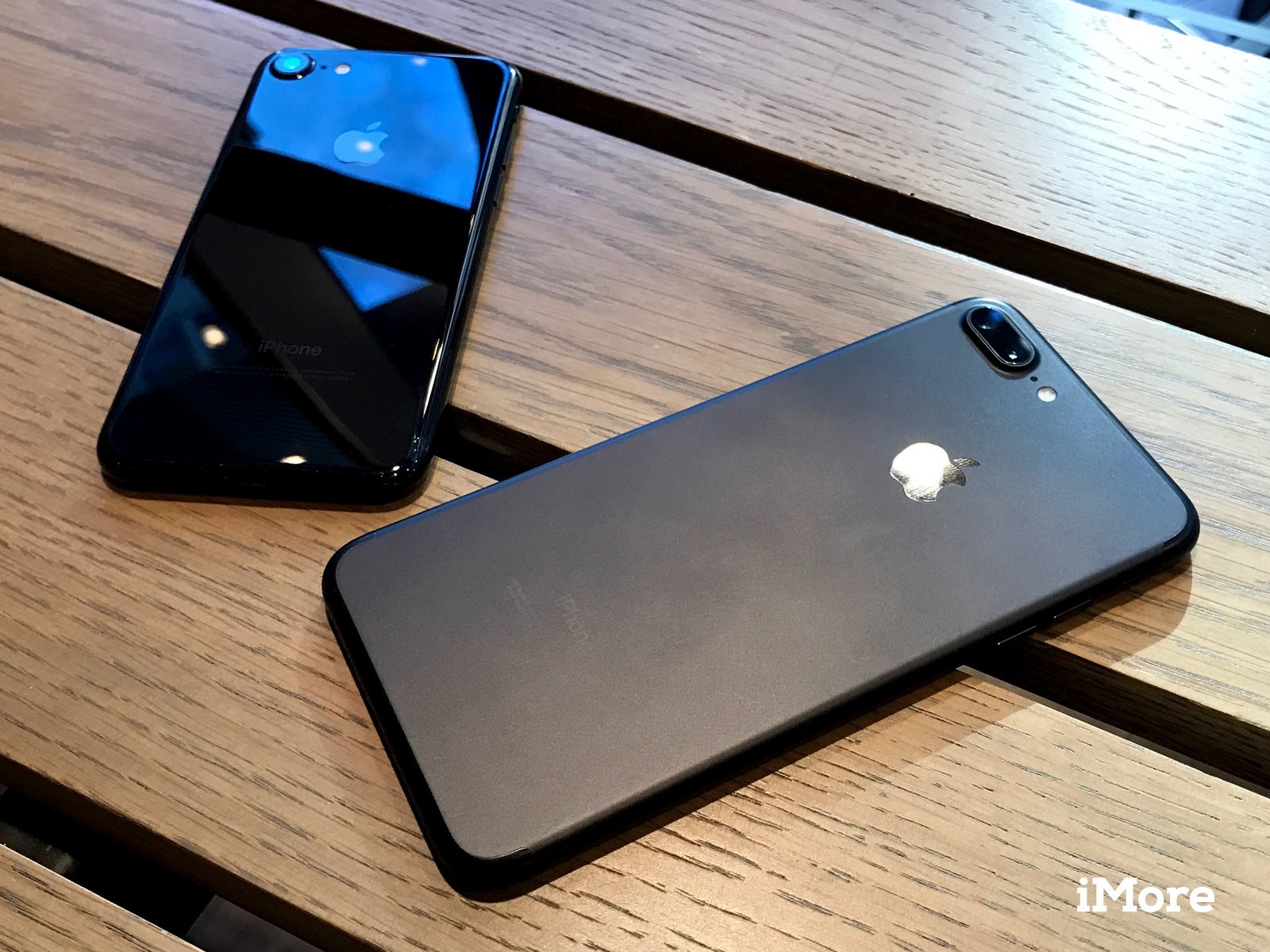- Facebook will not make changes to WhatsApp privacy for another three months, the company confirmed.
- Facebook plans to gather user data from WhatsApp to enable business-related features. While end-to-end encryption protections will not be altered, Facebook will still collect key data from users.
- After the recent backlash that included millions of people flocking to Signal and Telegram, Facebook is still failing to explain the urgency of the WhatsApp privacy change and why the changes aren’t optional.

Facebook’s plan to force WhatsApp users to agree to share user data with Facebook starting February 8th backfired. Millions of people have downloaded competing services, Signal and Telegram, in preparation for the change. WhatsApp is still the undisputed instant messaging app, offering strong end-to-end encryption and cross-platform support, and that won’t change going forward. Even after the update, WhatsApp will continue to support end-to-end encryption and bridge iPhone-to-Android communication. But Signal and Telegram can also do that.
Facebook already responded to the backlash a few days ago. WhatsApp published an infographic and FAQ section that stressed all the data that Facebook won’t collect after the new WhatsApp privacy policy goes live. A few days later, Facebook announced plans to delay the privacy policy revision by three months to clear the confusion. But the change is coming, and Facebook doesn’t seem ready to allow users to opt-out of data sharing.
Facebook keeps insisting in its new blog post on the “confusion” and “misinformation causing concern” out there. The blog explains again that end-to-end encryption isn’t going away, and WhatsApp and Facebook will not be able to see messages. The same goes for messages and calls logs, and shared location.
Facebook neglects to acknowledge that many people understand perfectly that end-to-end encryption isn’t going away. But they also understand that Facebook will take more data from WhatsApp, which is the main problem.
Facebook explains in the blog post what’s changing, without making it really clear what data will be collected from WhatsApp:
With these updates, none of that is changing. Instead, the update includes new options people will have to message a business on WhatsApp, and provides further transparency about how we collect and use data. While not everyone shops with a business on WhatsApp today, we think that more people will choose to do so in the future and it’s important people are aware of these services. This update does not expand our ability to share data with Facebook.
The problem here is that many people might think they won’t be shopping inside WhatsApp. The features Facebook is pushing should, therefore, be optional. Facebook fails to explain why all WhatsApp users have to agree to share user data for services they might never use. It all seems like another personal data grab that Facebook is going after. Let’s not forget that WhatsApp is Facebook’s biggest purchase at nearly $20 billion, so Facebook wants to make some money off of it.
The data shared with Facebook when users communicate with businesses are phone number, device ID, location data, transaction data, product interaction, and user identifiers, per Android Authority.
The phone number is the key element that can link WhatsApp to Facebook accounts. Facebook vowed not to link the two back when it purchased WhatsApp. But in 2016 it Facebook announced it would collect data from WhatsApp, phone number included. Facebook gave users a way to opt-out at the time and was later fined in Europe for having lied during the WhatsApp acquisition process.
One reason to allow Facebook to connect WhatsApp and Facebook accounts is the mythical universal instant messaging app product that Facebook is working on. When WhatsApp-Facebook-Instagram end-to-end encrypted chatting is available, users will be able to contact anyone across anyone on the three platforms, without necessarily having accounts on all of them. Some account consolidation might be of use in such a case. But, even then, it should all be optional.
WhatsApp users now have three more months to use WhatsApp as-is before deciding whether they will agree to the privacy policy or remove WhatsApp and/or Facebook and use a different instant messenger on iPhone and Android. This also gives Facebook three months to do the right thing and make the feature opt-in. It’s rare seeing Facebook do the right thing, but it happens.





